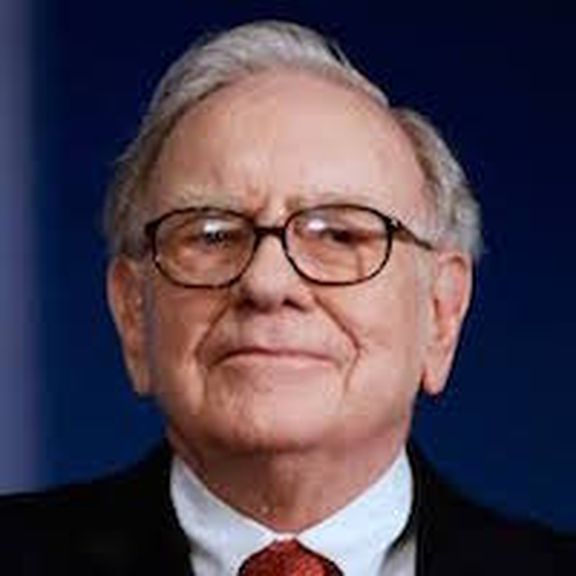When publicly held companies buy one another, they often describe the price paid or valuation in terms of an EBITDA (Earnings Before Interest, Taxes, Depreciation and Amortization) multiple.
For instance, INAP recently acquired SingleHop for 7X EBITDA and Office Depot in October 2017 acquired CompuCom for a pricy 10 times EBITDA -- though once deal synergies arrive, the multiple is a more reasonable 7X EBITDA, Office Depot says.
So what's an IT service provider worth? You'll hear estimates that range anywhere from 5X to 7X annual EBITDA -- with some larger service providers sporting intellectual property fetching as much as 10X EBITDA (though that's very, very, very rare).
But Wait: Are EBITDA-based Valuations Misleading?

Still, all the EBITDA talk can be misleading, Cogent Growth Partners CEO Rick Murphy asserted during Kaseya's MSP M&A Symposium yesterday in Florida.
Plenty of experts agree with Murphy. Among the potential concerns: Companies can misuse EBITDA, Harvard Business Review (HBR) notes.
"In the mid-nineties when Waste Management was struggling with earnings, they changed their depreciation schedule on their thousands of garbage trucks from 5 years to 8 years. This made profit jump in the current period because less depreciation was charged in the current period. Another example is the airline industry, where depreciation schedules were extended on the 737 to make profits appear better. When WorldCom started trending toward negative EBITDA, they began to change regular period expenses to assets so they could depreciate them. This removed the expense and increased depreciation, which inflated their EBITDA. This kept the bankers happy and protected WorldCom’s stock.
Because EBITDA can be manipulated like this, some analysts argue that a it doesn’t truly reflect what is happening in companies. Most now realize that EBITDA must be compared to cash flow to insure that EBITDA does actually convert to cash as expected."
So if an EBITDA figure is wrong, manipulated or somehow misleading in other ways, multiplying that figure (say, '7 times EBITDA') to reach a valuation estimate can be erroneous as well.
Warren Buffett's Warning; Exodus Communications' Lesson


When asked about EBITDA back in 2002, famed investor Warren Buffett allegedly said: "People who use EBITDA are either trying to con you or they’re conning themselves."
I first learned that lesson while covering Exodus Communications, a data center provider during the dot-com boom. Whenever I asked Exodus about the company's financial health in the 2000 timeframe, executives from the company pointed me towards top-line revenues and EBITDA, along with the company's march toward positive EBITDA.
The con? Exodus wasn't doing anything illegal. But they convinced themselves that positive EBITDA was enough to overcome a massive debt load. In April 200, Exodus CEO Ellen Hancock noted: "This period marked the first quarter that Exodus achieved EBITDA profitability. This important milestone indicates the strength of our business model and our ability to generate a return on our investments."
Sounds great. Hancock was telling the truth about EBITDA profitability -- her figures were correct. And she's considered an ethical business leader based on her years of work at IBM, Apple and Exodus. But Exodus still filed for Bankruptcy in 2001 because the company was carrying too much debt when the dot-com implosion arrived.
Focus on Cash Flow... And...
Again and again during yesterday's M&A Symposium, Cogent's Murphy told MSPs to focus on their cash flow. Continually improve that figure, and you're building value in your business, he asserts.
Correction/Update, Feb. 13, 2017, 7:54 a.m. ET: Murphy was actually referring to Free Cash Flow.
Good advice. But I gotta concede, I'm not ready to give up on EBITDA. I'm not suggesting that EBITDA and associated valuation multiples should be treated as gospel. But in my mind, EBITDA at least provides a baseline metric for M&A discussions. Certainly, dozens of additional metrics weigh into a company's valuation.
In Cogent's case, the company works with buy-side IT service providers to help determine the value of sellers -- both in terms of dollars and cents, and the strategic value that seller may bring to the table.
Cogent has managed roughly 89 M&A deals over the past eight years. Murphy certainly knows each deal's metrics. Yes, I'll keep asking him about EBITDA valuation multiples. And yes, he'll likely call such metrics B.S. -- based on many of the reasons the he, Harvard Business Review, Warren Buffett and other experts have raised.
Still, I rather enjoy hunting for EBITDA deal multiples. Surely, you can't blame an aggressive reporter for trying.
Joe Panettieri (@JoePanettieri) is co-founder and executive VP of After Nines Inc. and its IT media platforms — ChannelE2E and MSSP Alert. His great grandfather arrived to the United States from Italy around 1917, charting the way for three generations of entrepreneurs.




